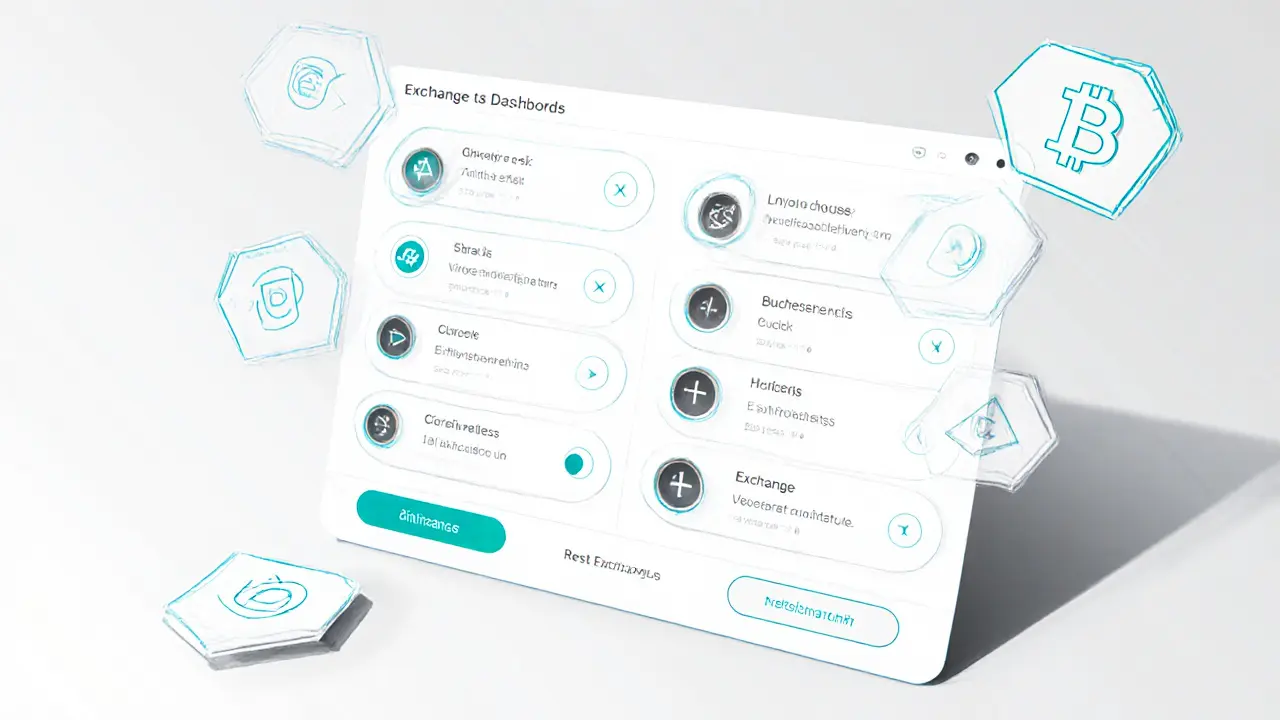RUB Crypto Deposits: What You Need to Know
When dealing with RUB crypto deposits, the process of moving Russian rubles into a digital‑currency wallet or exchange. Also known as Ruble crypto deposits, it requires compliance with local financial laws and exchange policies. This activity sits under the broader Russian crypto regulations, the set of rules that dictate how crypto services can operate in Russia and is only open to qualified investors, individuals or entities that meet the strict criteria set by the Central Bank for crypto participation. Understanding these three pieces – the deposit method, the regulatory environment, and the investor status – is the first step toward a smooth transaction.
Key Considerations Under the Experimental Legal Regime
The Russian government introduced an experimental legal regime, a temporary framework that allows limited crypto activities while the permanent law is being drafted. Within this regime, exchanges must verify the source of RUB funds, impose caps on daily deposit amounts, and report large movements to authorities. The regime also shapes RUB crypto deposits by defining which crypto pairs are permissible – typically only Bitcoin (BTC) and Ethereum (ETH) are allowed for direct ruble conversions. Ignoring these caps can lead to frozen accounts or penalties, so keeping an eye on the latest limits is crucial.
Another layer to watch is the set of crypto trading restrictions, rules that limit which tokens can be bought or sold using rubles. For example, stablecoins pegged to foreign currencies are often barred, while government‑backed digital ruble projects receive preferential treatment. These restrictions influence deposit strategies: many traders first convert RUB to BTC on a compliant exchange, then move BTC to a global platform for broader token access. This two‑step approach reduces friction and stays within the legal boundaries set by the experimental regime.
Putting it all together, you’ll want to: (1) verify that you qualify as a listed investor, (2) choose an exchange that complies with the current experimental legal regime, (3) respect daily deposit caps and reporting requirements, and (4) plan a conversion path that avoids prohibited tokens. The articles below break down each of these steps, share real‑world examples, and highlight recent regulatory updates that could affect your next RUB deposit. Dive in to get actionable insights and stay ahead of the curve.
Top Crypto Exchanges That Accept Russian Citizens (2025 Guide)
Discover the six crypto exchanges that accept Russian ruble deposits in 2025, compare fees, features, and learn how regulations and the A7A5 stablecoin affect Russian traders.
VIEW MORE
